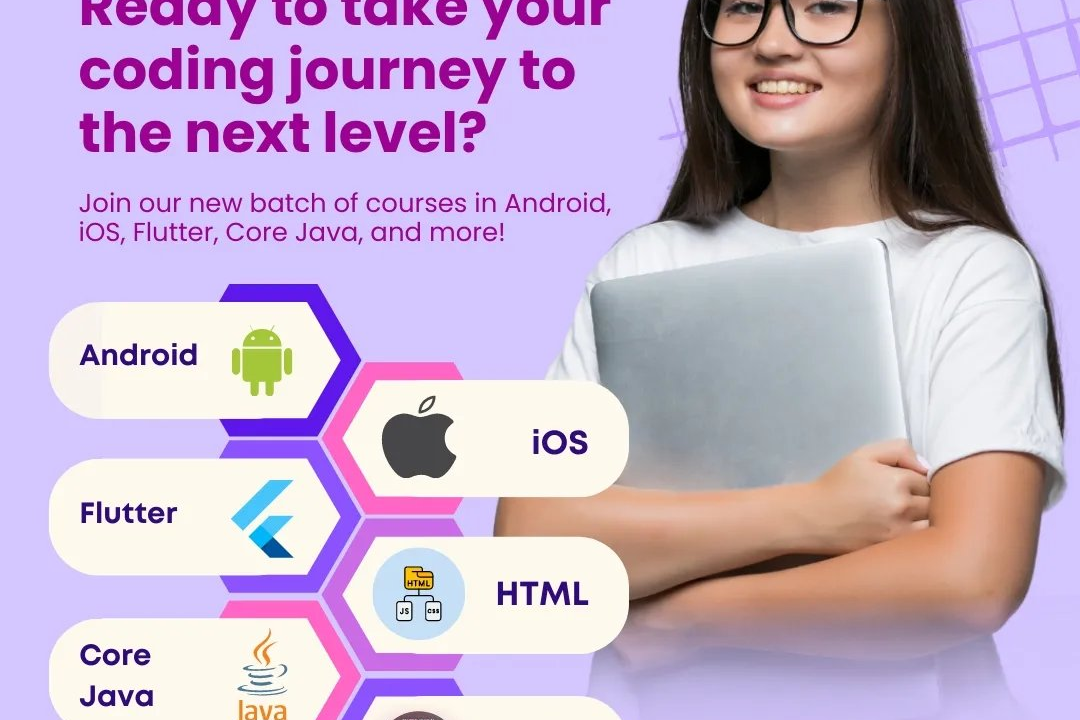Flutter Integration with APIs
Enhancing Flutter Applications through API Integration
Flutter Integration with APIs
Flutter integrates with APIs seamlessly, enabling developers to create rich applications that can interact with backend services. To communicate with APIs, Flutter primarily uses the `http` package, which allows for easy sending of HTTP requests and handling responses. By constructing GET, POST, PUT, and DELETE requests, developers can retrieve or manipulate data from remote servers, often in JSON format. Flutter's asynchronous programming model, with features like `Future` and `async/await`, facilitates smooth data fetching, ensuring that the user interface remains responsive. Additionally, developers can utilize packages like `dio` for more sophisticated HTTP client capabilities, including interceptors, timeout configuration, and advanced error handling, further enhancing the integration experience. Overall, Flutter's robust ecosystem supports efficient and effective API integration for building dynamic applications.
To Download Our Brochure: https://www.justacademy.co/download-brochure-for-free
Message us for more information: +91 9987184296
1 - Introduction to APIs: Understand what APIs (Application Programming Interfaces) are, how they work, and the different types of APIs (REST, SOAP, etc.).
2) HTTP Protocol Basics: Learn about the HTTP protocol, which is the foundation for API communication, covering methods like GET, POST, PUT, DELETE, and the concept of status codes.
3) Setting Up Flutter Environment: Create a development environment for Flutter, including the installation of Flutter SDK, Android Studio, or Visual Studio Code.
4) Creating a Flutter Project: Step through the creation of a new Flutter project, discussing project structure and key files.
5) Understanding JSON: Dive into JSON (JavaScript Object Notation), the data format commonly used for API responses, including how to parse and manipulate JSON data.
6) Using Dependencies: Learn about the `http` package in Flutter for making network requests. Discuss how to add dependencies in the `pubspec.yaml` file.
7) Making API Calls: Implement GET requests to an API endpoint and retrieve data, handling responses and converting them from JSON to Dart objects.
8) Error Handling: Explore error handling techniques when making API calls, including understanding exceptions and using try catch blocks.
9) Pocketing and Managing Data: Learn to use local storage solutions (like Shared Preferences) for caching API responses and improving application performance.
10) Working with POST Requests: Understand how to handle data submissions using POST requests, preparing data in JSON format, and interpreting server responses.
11) State Management: Introduce state management approaches (like Provider or Riverpod) to manage API data efficiently within the app.
12) Building a User Interface: Design a user interface that consumes and displays API data, including the use of Flutter widgets to create dynamic displays.
13) Using Dio for Advanced Networking: Discuss the Dio package for more advanced networking tasks, including interceptors, request cancellation, and downloading files.
14) Authentication with APIs: Explore user authentication using APIs, covering methods like token based authentication (JWT) and how to implement login forms.
15) Testing API Integration: Introduce the basics of testing API requests in Flutter using tools like Postman and Flutter's testing framework to ensure robustness.
16) Debugging Network Requests: Learn debugging techniques specific to API calls in Flutter, leveraging tools like Flutter DevTools to monitor network activity.
17) Building a Complete Application: As a capstone project, build a complete Flutter application that integrates with a public API, demonstrating all learned concepts.
18) Deploying the Application: Discuss the final steps of deploying the Flutter application, including considerations for potential API integrations and environments.
19) Future Trends and Best Practices: Conclude with a discussion on emerging trends in API development and best practices for using APIs in mobile applications.
This curriculum provides a structured approach to learning Flutter integration with APIs, facilitating practical knowledge and hands on experience for students.
Browse our course links : https://www.justacademy.co/all-courses
To Join our FREE DEMO Session: Click Here
Contact Us for more info:
Rest client
Interview Questions for Java Developer Fresher 2024
Cheapest Online iOS Training Institutes in Trivandrum
Full Stack Dot Net
best java training institute in noida delhi











